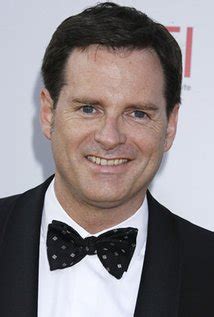A Quote by Alan Lightman
Every reader gets something different from a book and every reader, in a sense, completes it in a different way.
Related Quotes
The book is finished by the reader. A good novel should invite the reader in and let the reader participate in the creative experience and bring their own life experiences to it, interpret with their own individual life experiences. Every reader gets something different from a book and every reader, in a sense, completes it in a different way.
Every reader, as he reads, is actually the reader of himself. The writer's work is only a kind of optical instrument he provides the reader so he can discern what he might never have seen in himself without this book. The reader's recognition in himself of what the book says is the proof of the book's truth.
In my couple of books, including Going Clear, the book about Scientology, I thought it seemed appropriate at the end of the book to help the reader frame things. Because we've gone through the history, and there's likely conflictual feelings in the reader's mind. The reader may not agree with me, but I don't try to influence the reader's judgment. I know everybody who picks this book up already has a decided opinion. But my goal is to open the reader's mind a little bit to alternative narratives.
Books are frozen voices, in the same way that musical scores are frozen music. The score is a way of transmitting the music to someone who can play it, releasing it into the air where it can once more be heard. And the black alphabet marks on the page represent words that were once spoken, if only in the writer's head. They lie there inert until a reader comes along and transforms the letters into living sounds. The reader is the musician of the book: each reader may read the same text, just as each violinist plays the same piece, but each interpretation is different.

































